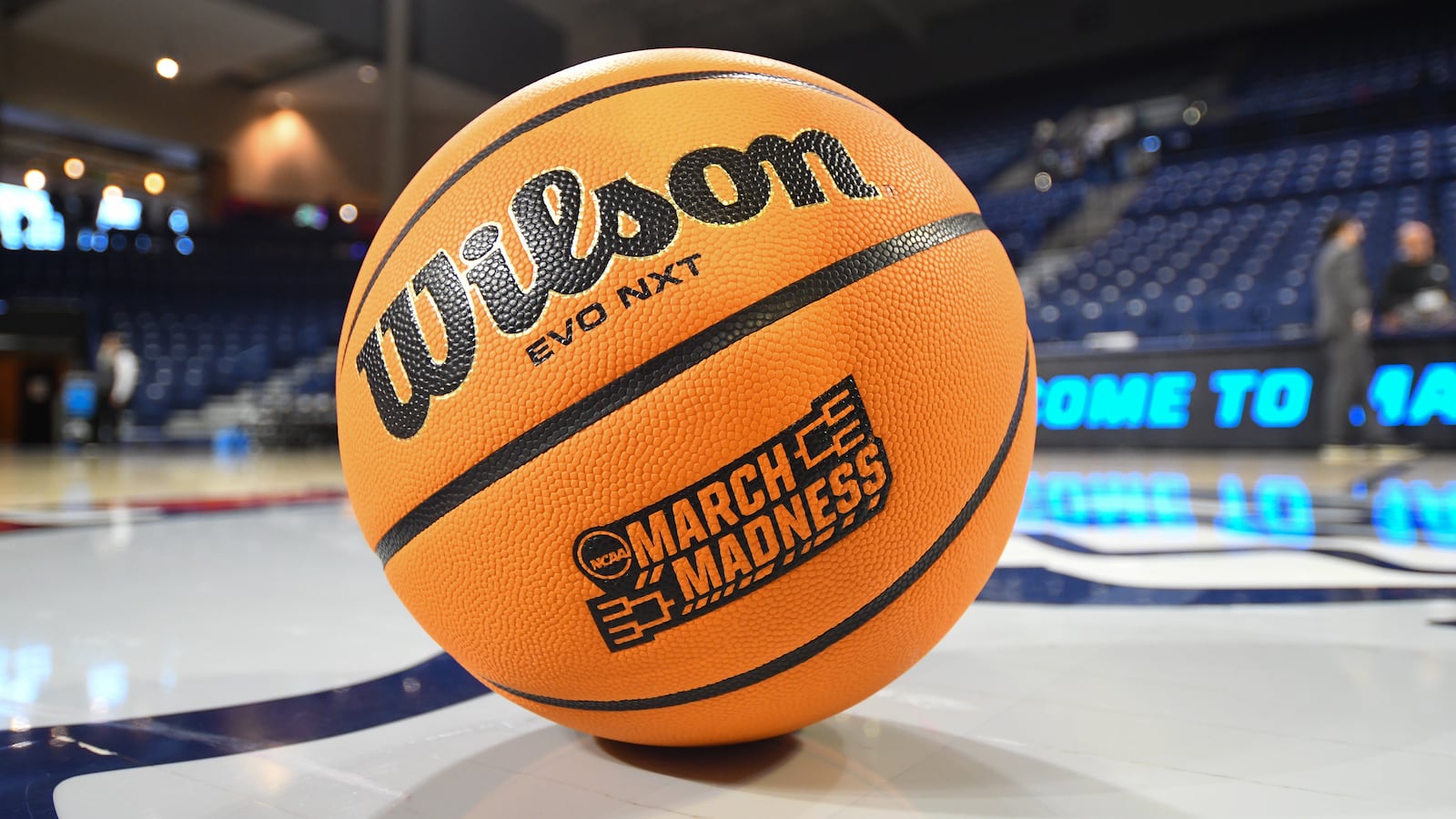Prosecutors in Idaho have declined to bring charges against an 18-year-old high school student who confessed to yelling a racial slur at members of the University of Utah women’s basketball team earlier this year.
Authorities found “insufficient evidence to establish probable cause” that Anthony Myers had specifically intended to harass the Utes, they said in a charging document dated May 3. “[O]n the contrary,” they continued, “the sum of the evidence supports that Mr. Myers’ intent was to be funny.”
The incident occurred during the team’s stay at an Idaho hotel while playing in the NCAA Women’s Basketball Tournament in nearby Spokane, Washington, authorities previously said.
On the night of March 21, surveillance video captured a large group of Utes, including several Black players, leaving a restaurant to walk back to their hotel. The video, as reviewed by law enforcement, showed a man inside a silver sedan audibly shouting “I hate [N-word]s” and threatening sexual acts as he drove past.
“To be clear, the statements of the other occupants of the vehicle and of Mr. Myers himself all support that he—as a white male—thought it would be funny to shout his willingness to have anal sex with a Black female despite his expressed hate for Black folks, which he made abundantly clear by deploying the N-word,” prosecutors wrote.
“Setting aside the rank absurdity of that claim and the abjectly disgusting thought process required to believe it would be humorous to say something that abhorrent, it nevertheless undermines that he had the required specific intent to intimidate and harass.”
In the charging document, signed by Coeur d’Alene chief deputy city attorney Ryan Hunter, prosecutors also noted that charging Myers with malicious harassment could constitute a violation of his First Amendment right to free speech.
“Our office shares in the outrage sparked by Myers’ abhorrently racist and misogynistic statement, and we join in unequivocally condemning that statement and the use of a racial slur in this case, or in any circumstance,” proscutors wrote. “However, that cannot, under current law, form the basis for criminal prosecution in this case.”
Utah changed hotels out of safety concerns after the incident, which provoked national attention and outrage. The No. 5 seed in that year’s tournament, the team suffered a second-round loss to Spokane’s Gonzaga University.
“It was really upsetting,” said Utah head coach Lynne Rogers at the March press conference in which she revealed the incident had taken place. “And for our players and staff to not feel safe in an NCAA Tournament environment, that's messed up.”
The charging document also disputes other aspects of initial reports of the incident. When Robert Moyer, a team donor, reported the harassment two and a half hours after it occurred, he also said that two pickup trucks had sped past the team on their way to dinner, the occupants “aggressively” revving their engines and hurling slurs.
“It was aggressive,” Moyer said. “It wasn’t passive. It was like they were having fun fucking with us.”
But prosecutors wrote that, while video was found of three trucks making “significant noise while accelerating” in the area that night, it didn’t occur as the team was walking to the restaurant. A police investigation failed to uncover any audio evidence of the N-word being used by the people in the trucks at the time.
On Monday afternoon, Coeur d’Alene Mayor Jim Hammond said he was “disappointed” to hear that prosecutors wouldn’t be bringing charges in the matter, expressing worries that it could set a dangerous precedent, according to the Spokane Spokesman-Review.
“The concern that I have is, I don’t want the message to be that it’s OK to behave like that, that it’s OK to treat people like that,” the mayor said. “Because it’s not.”






